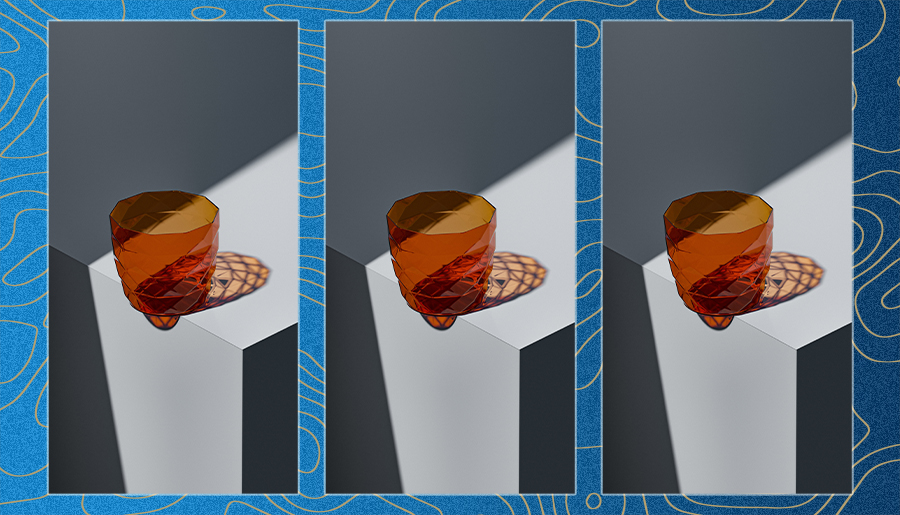I have a glass of recycled water in my left hand. If I were to pass it to you, would your first response be to drink it? ‘Cause this is a future that a whack of Aussie environmentalists are fighting for.
On October 10, the Queensland Government announced that they’re planning on constructing a new desalination plant in Kawana on the Sunshine Coast. This desalination plant will convert Kawana’s seawater into water that’s suitable for drinking. It will cost between $4 billion and $8 billion, with plans to complete it by 2035 now in place.
This decision has been strongly endorsed by Queensland’s Premier, Annastacia Palaszczuk.
“We know that the people in the southeast want to know about their water security,” Palaszczuk said. “We’ve got a lot of people moving here. We’ve seen increases in population on the Gold Coast and the Sunshine Coast. What we’re doing is making very clear decisions.”
“There will be need for a desalination plant.”
However, this decision has been critiqued by numerous environmentalists. This is because in Western Corridor, there’s a recycled water project that’s basically inactive. The scheme cost $2.7 billion to create, and there are no short-term plans to revitalise it.
According to these environmentalists, Western Corridor’s project should be revitalised in order to provide Queensland-based households with recycled drinking water. They believe that this decision would make more sense than building a new desalination plant.
One such advocate for this switcheroo is the Greens MP, Michael Berkman. He also believes that the Labor Government isn’t revitalising Western Corridor’s project due to being scared.
“Labor should be acting based on science, not misinformation and old-fashioned squeamishness. It seems the premier is stuck in the past,” Berkman said.
Another Western Corridor proponent is Dave Copeman, the Director of the Queensland Conservation Council. This man thinks that revitalising this recycled drinking scheme makes the most environmental and monetary sense.
When discussing this plant, Copeman said, “It’s already been built and is safe to use.”
“The science is clear, purified recycled water is purer than any other source of water, so it’s a safe and sustainable way to increase the security of southeast Queensland’s urban water supply.”
“New seawater desalination plants are likely to be part of the long-term water security solution,” Copeman continued. “As we have more solar and wind, costs of desalination will come down. But right now, it will be very expensive to build and operate.”
What’s more, Copeman claimed that a new desalination plant might harm Queensland’s environment. The hypersaline waste that it’ll produce could damage some marine life, if it’s not discharged correctly.
As it stands, there are multiple cities around Earth that drink recycled wastewater. These places include San Diego, Singapore, and Perth. What’s more, most of Queensland would be happy joining this club. According to polling by Seqwater, almost 70% of Queenslanders would be “comfortable” with drinking recycled water.
In 2022, Palaszczuk said she would be open to drinking recycled water, but only if “the experts say it’s safe”.
Related: Why Are Aussies Spending So Much on Bottled Water?
Related: A Water Crisis — Why Is The Amazing Race Doing the NSW Government’s Job?
Read more stories from The Latch and subscribe to our email newsletter.

